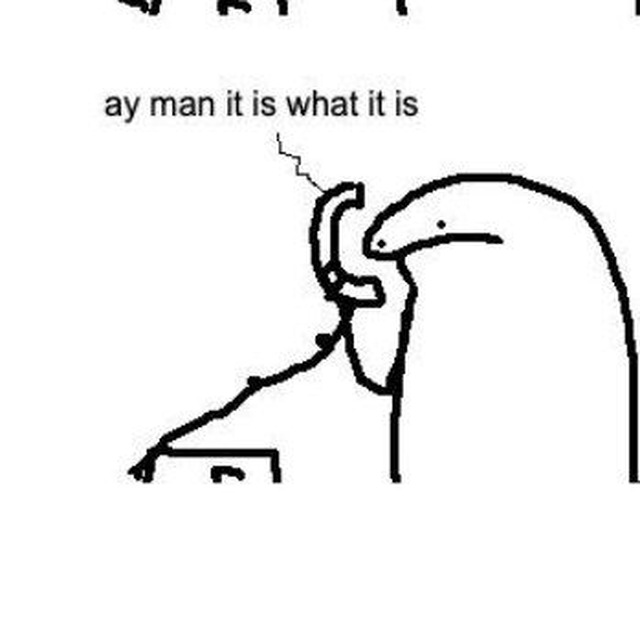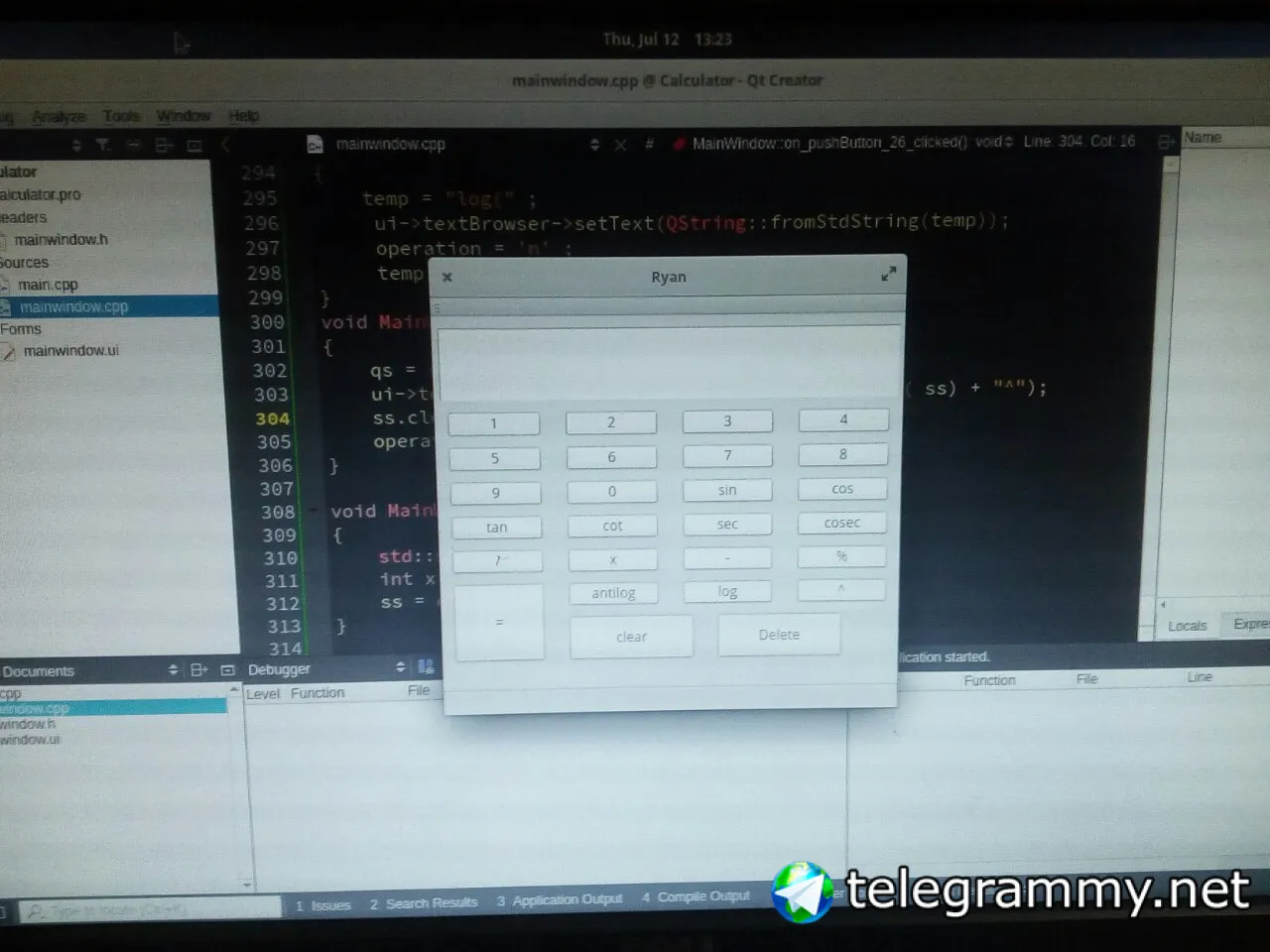 olli
olli
What is difference between void main()
and void main(void)
In C++
foo() function foo with no parameters
foo(void) function foo with no parameters
In C
foo() function foo with an unspecified numbers of parameters
foo(void) function foo with no paramters
 olli
olli
"C11" (n1570)
**6.7.6.3 Function declarators (including prototypes) **
10 The special case of an unnamed parameter of type void as the only item in the list specifies that the function has no parameters.
14 An identifier list declares only the identifiers of the parameters of the function. An empty list in a function declarator that is part of a definition of that function specifies that the function has no parameters. The empty list in a function declarator that is not part of a definition of that function specifies that no information about the number or types of the parameters is supplied.
"C++17" (n4659)
**11.3.5 Functions**
4 […] If the parameter-declaration-clause is empty, the function takes no arguments. A parameter list consisting of a single unnamed parameter of non-dependent type void is
equivalent to an empty parameter list. […]
 Roxifλsz 🇱🇹
Roxifλsz 🇱🇹
Please is there anyway to write a code to print the prime numbers from 1 to 1000?
Just count prime numbers in a loop which terminates when they reach 1000
 ENTP
ENTP
Just count prime numbers in a loop which terminates when they reach 1000
It is not that simple as you say it
 Roxifλsz 🇱🇹
Roxifλsz 🇱🇹
You first need the algorithm to calculate the prime numbers before printing with for loop
That algorithm is very common, you can find it very easily trough google
 olli
olli
Another maybe easier solution would be to use the "Sieve of Erastosthenes"
https://en.wikipedia.org/wiki/Sieve_of_Eratosthenes
 ENTP
ENTP
That algorithm is very common, you can find it very easily trough google
Before I ask anything here, I do a lot of research... I didn't find anything useful on google or bing
 ENTP
ENTP
Another maybe easier solution would be to use the "Sieve of Erastosthenes"
https://en.wikipedia.org/wiki/Sieve_of_Eratosthenes
Okay I read this... But the mathematics is too advanced
 Manuele
Manuele
perhaps anyone would like to check https://github.com/luckyycode/neko-webframework/

 Jussi
Jussi
I didn't ask for even number. Prime numbers.
lazy algo is to try to check the remainder of every number from 0 to half of the current number
 Justin
Justin
So the main reason I've been playing with C off and on is to write an NES game without having to deal with assembly. Anybody have experience with the cc65 compiler? Or know a NES dev chat? Or both, even? Cheers!
 Talula
Talula
No
So you're saying ()! = (void) but you can pass arguments to () but you can't get them but you're not passing arguments to (void) and you can't get them, I get your point about main() not equal to void main(void) because you can return int but main(void) != main() doesn't make sense to me.
 sam
sam
Guys i have learned the c language perfectly but i m new to c++. Which books should i use?
There is no such thing as perfect
 Top T : Trollface Was Real
Top T : Trollface Was Real
So you're saying ()! = (void) but you can pass arguments to () but you can't get them but you're not passing arguments to (void) and you can't get them, I get your point about main() not equal to void main(void) because you can return int but main(void) != main() doesn't make sense to me.
After reading this, I'm stuck into an infinite loop.
 olli
olli
So you're saying ()! = (void) but you can pass arguments to () but you can't get them but you're not passing arguments to (void) and you can't get them, I get your point about main() not equal to void main(void) because you can return int but main(void) != main() doesn't make sense to me.
This applies for function declarations
In C++
foo(); function foo with no parameters
foo(void); function foo with no parameters
In C
foo(); function foo with an unspecified numbers of parameters
foo(void); function foo with no paramters
This applies for function definitions in C and C++
foo(){} and foo(void){} mean a function with no parameter
So when defining the function
int main() {} it should be equivalent to int main(void) {} - since it's a definition
As example for the unspecified parameters, take the following C code
extern void foo();
void qaz() {}
void bar() {
foo(1, 3); // Valid! foo declared with ()
qaz(1, 3);. //Invalid! qaz defined as ()
}
 Talula
Talula
This applies for function declarations
In C++
foo(); function foo with no parameters
foo(void); function foo with no parameters
In C
foo(); function foo with an unspecified numbers of parameters
foo(void); function foo with no paramters
This applies for function definitions in C and C++
foo(){} and foo(void){} mean a function with no parameter
So when defining the function
int main() {} it should be equivalent to int main(void) {} - since it's a definition
As example for the unspecified parameters, take the following C code
extern void foo();
void qaz() {}
void bar() {
foo(1, 3); // Valid! foo declared with ()
qaz(1, 3);. //Invalid! qaz defined as ()
}
What would I do by passing parameters to a function that can't accept it?
 Talula
Talula
Yeah you can do it but it has same result, specially if its your main(void) is not called internally.
 Talula
Talula
This, the invalid case, would result in a compile error
And other one won't but I can't do anything with it, i.e. same thing, it's void or null or "completely empty"...
 olli
olli
It's different because compiler thinks so but functionality wise it's same.
Are we talking about declarations or definitions?
 Top T : Trollface Was Real
Top T : Trollface Was Real
A function with void result type ends either by reaching the end of the function or by executing a return statement with no returned value. The void type may also appear as the sole argument of a function prototype to indicate that the function takes no arguments. Note that despite the name, in all of these situations, the void type serves as a unit type, not as a zero or bottom type (which is sometimes confusingly called the "void type"), even though unlike a real unit type which is a singleton, the void type lacks a way to represent its value and the language does not provide any way to declare an object or represent a value with type void.
 Top T : Trollface Was Real
Top T : Trollface Was Real
 Talula
Talula
Are we talking about declarations or definitions?
Neither, we are talking about what can main(void) do that main() can't or doesn't or vise versa, functionality wise it's same...
 Talula
Talula
And are we talking about the return type or the parameters?
No we are not, I understand that main(void) is actually int main(void) so I agree on that... yes you can return int when the program ends.
 Talula
Talula
But if main is not passed any arguments and doesn't have capability to accept any arguments, if you say void main(void) it's same as void main()
 olli
olli
But if main is not passed any arguments and doesn't have capability to accept any arguments, if you say void main(void) it's same as void main()
Yes when defining main they are equivalent
 Daniele°
Daniele°
So you're saying ()! = (void) but you can pass arguments to () but you can't get them but you're not passing arguments to (void) and you can't get them, I get your point about main() not equal to void main(void) because you can return int but main(void) != main() doesn't make sense to me.
In C, void test() declares a function that takes an unspecified (but not variable) number of parameters (and returns nothing). So all your calls are valid (according to the prototype) in C.
In C, use void test(void) to declare a function that truly takes no parameters (and returns nothing).


 Dima
Dima

 AbdumajiD
AbdumajiD
 Ride
Ride


 Ammar
Ammar